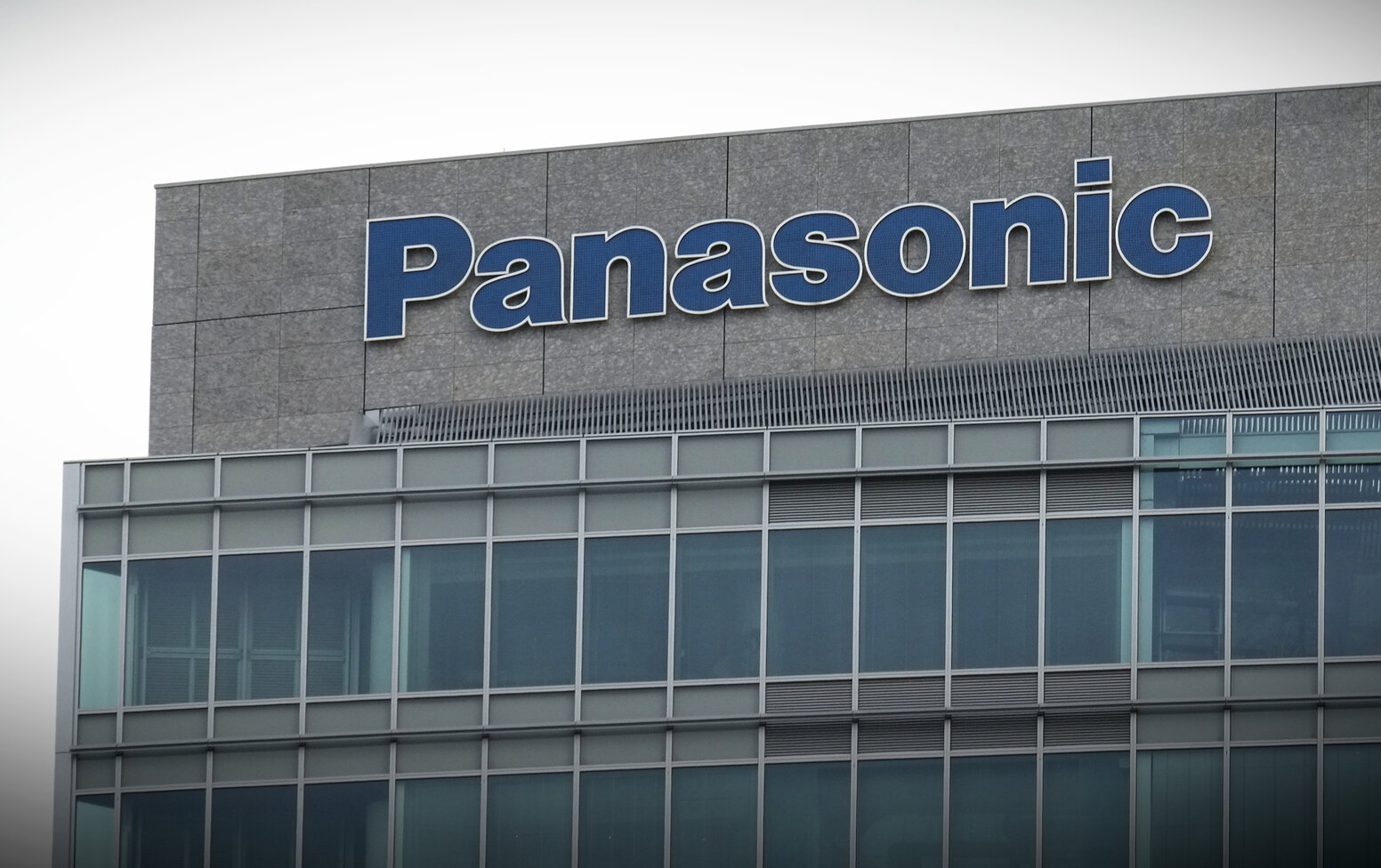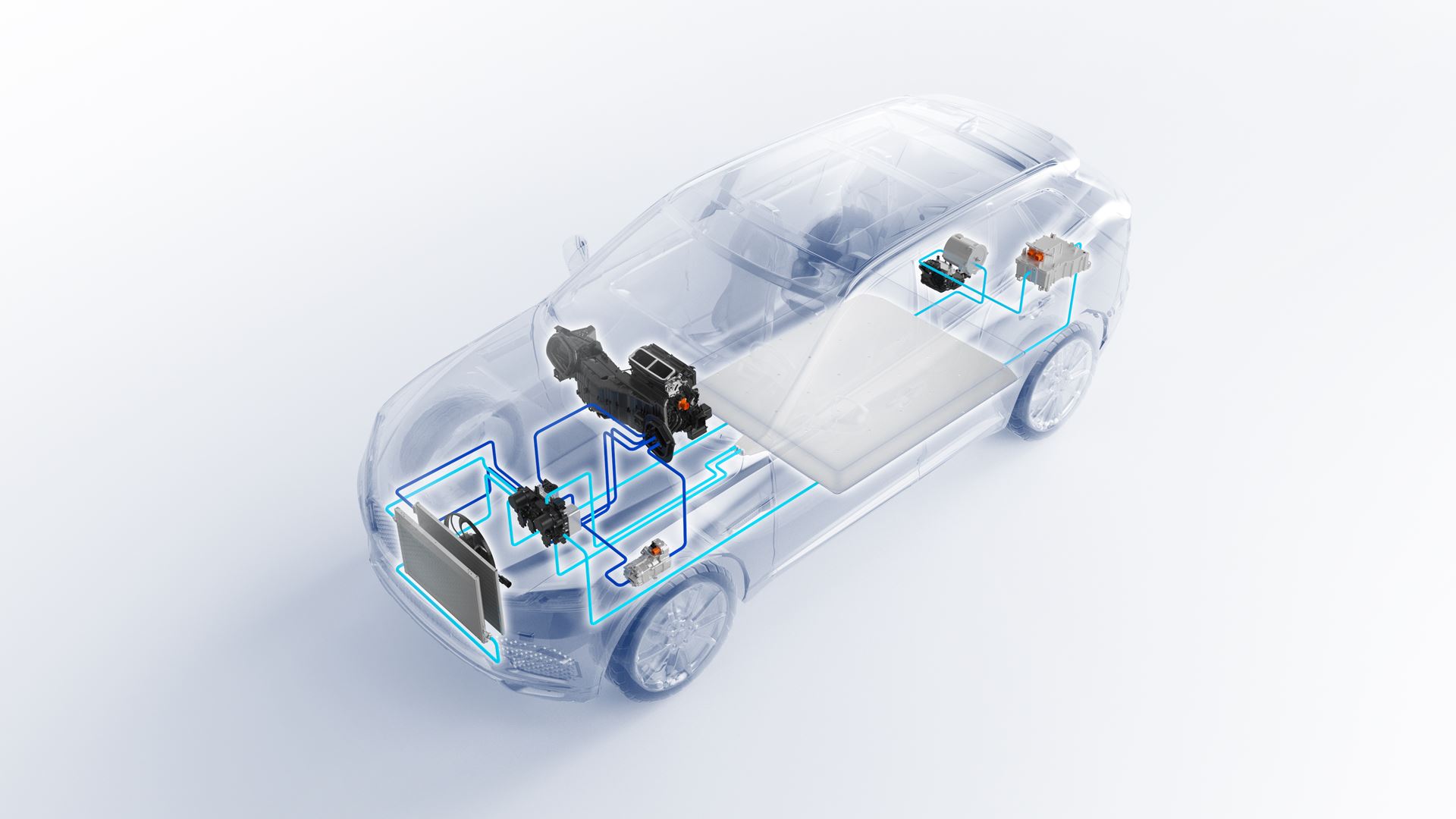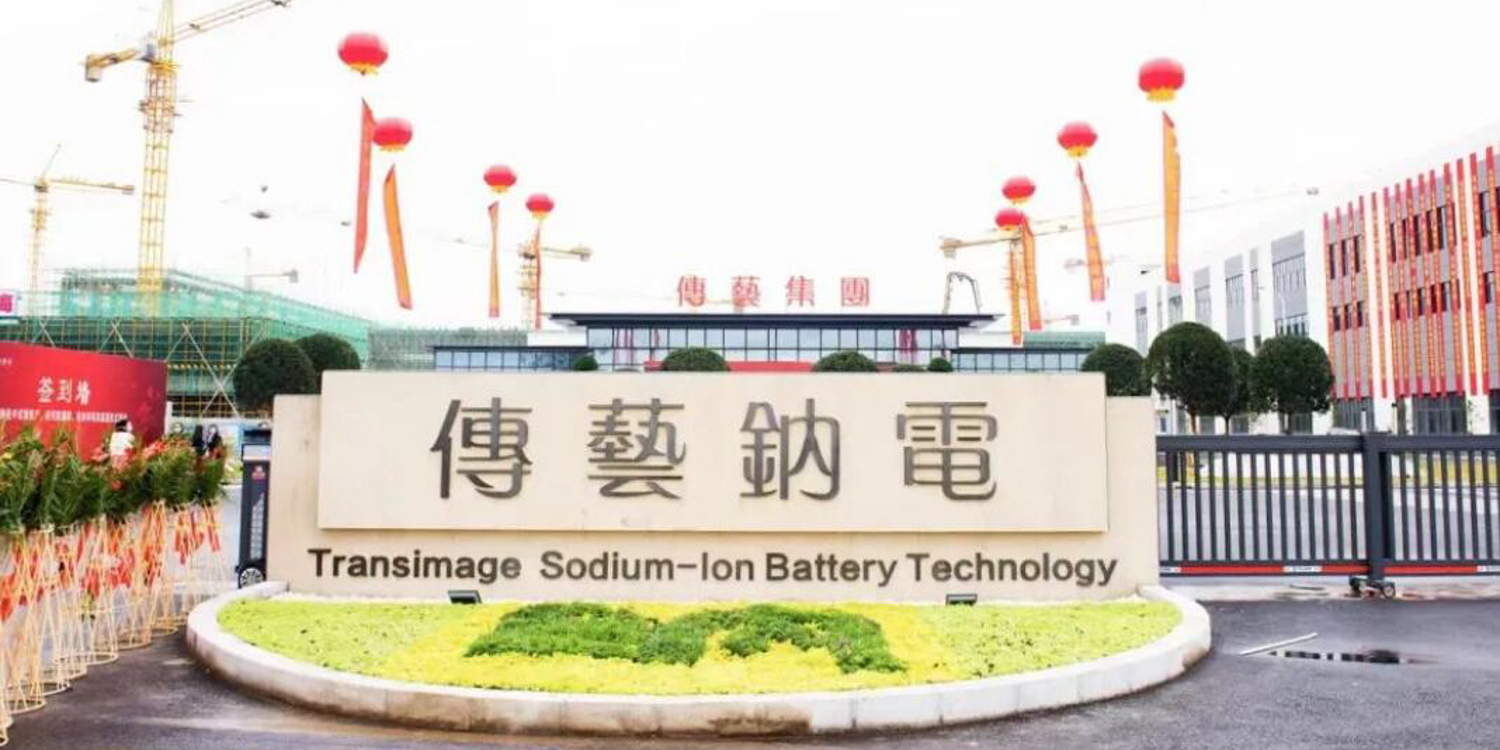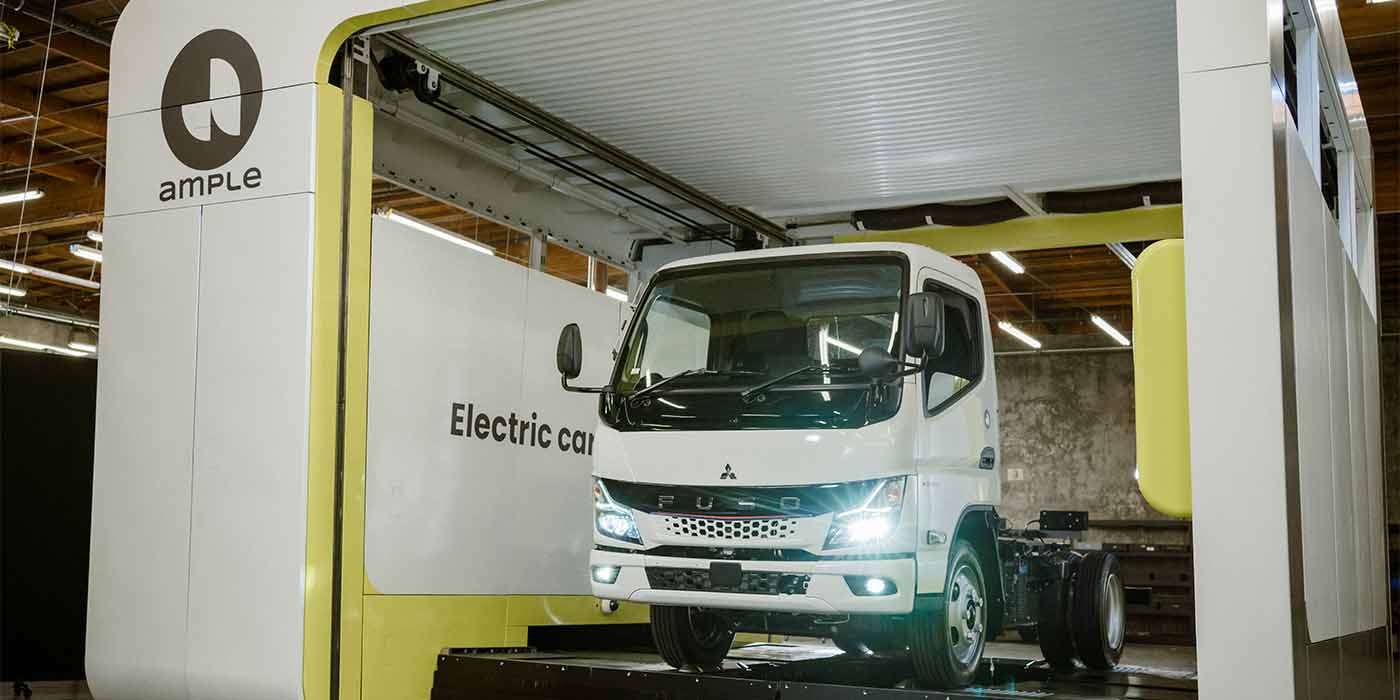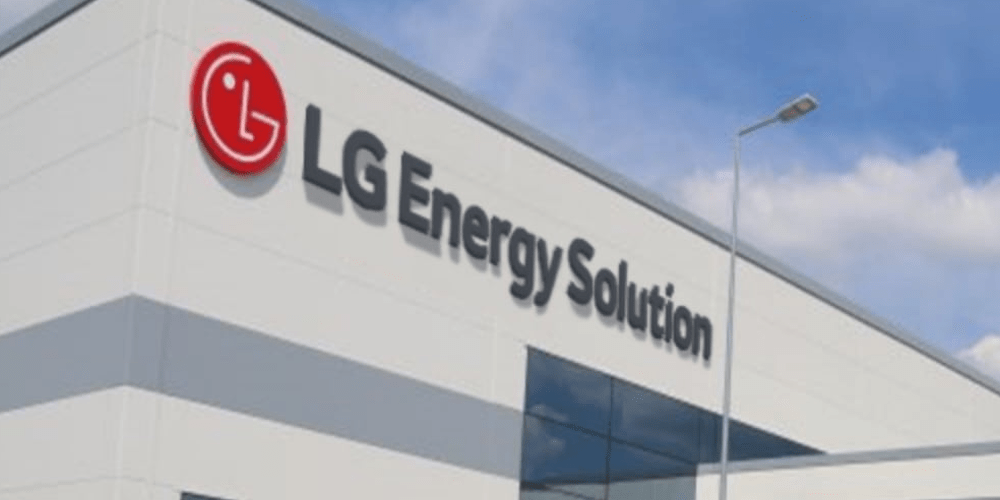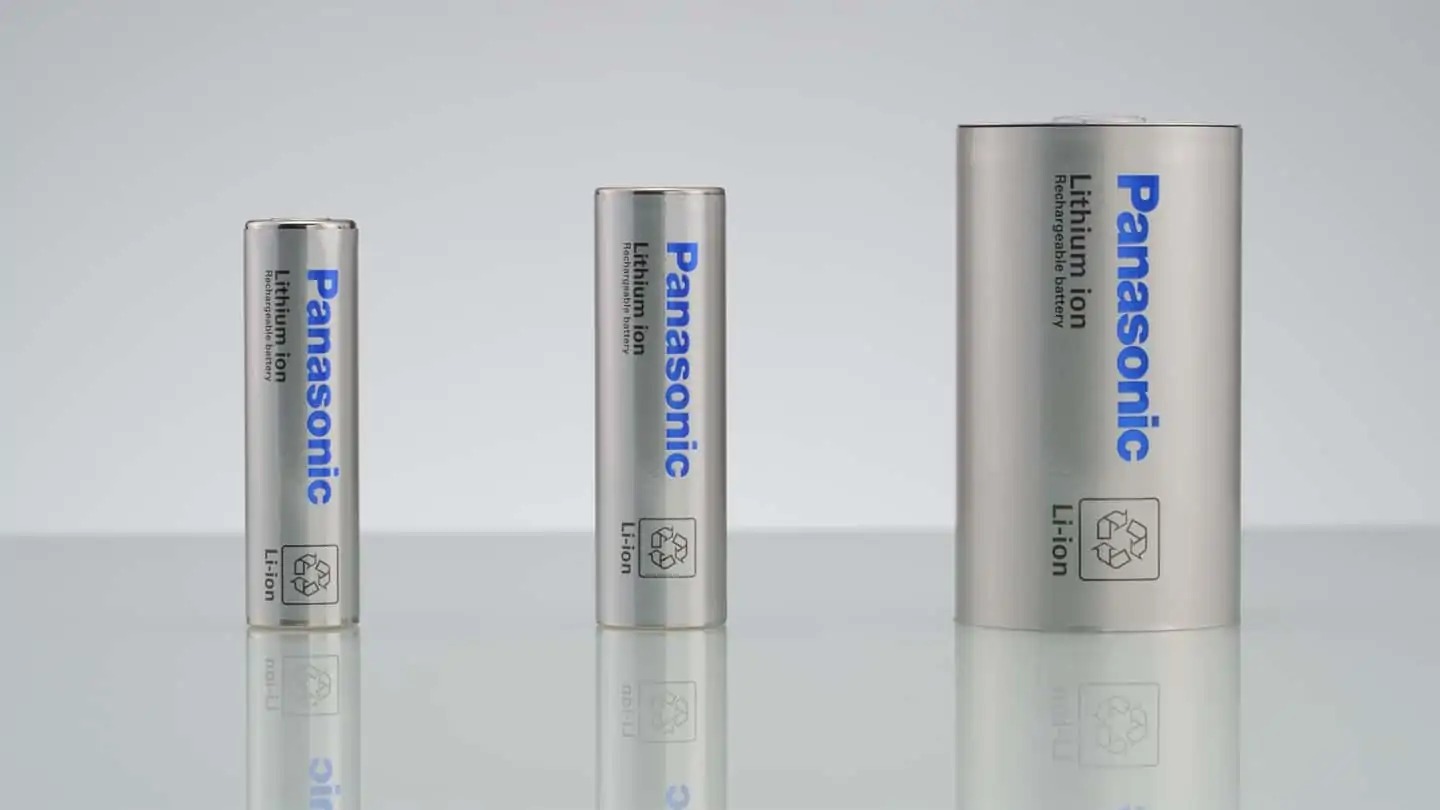Battery startup Nexeon, based in the UK, has announced a partnership with Panasonic, where it will provide high-energy silicon anode material for the company’s latest U.S. plant set to open in 2025. The collaboration aims to enhance Panasonic battery cells’ energy storage capacity and enable faster charging capabilities, offering the potential for smaller, lighter battery packs with similar ranges to the current battery cells.
The forthcoming $4 billion De Soto, Kansas plant, operated by Panasonic Energy Co, will receive the silicon anode material from Abingdon-based Nexeon, which has garnered over $260 million in funding since its establishment in 2006. According to investor website PitchBook.com, Nexeon’s recent valuation stands at $350 million. Noteworthy among Nexeon’s investors and partners is SK Group from Korea, renowned for its expertise in batteries and battery materials.
See also: Nexeon announced extension of the partnership with Toyota and Panasonic
The adoption of silicon-rich anodes is a notable development in the battery industry, and it has garnered attention from other players in the market. Two prominent U.S. startups, Group14, headquartered in Woodinville, Washington, and Sila Nanotechnologies, based in Alameda, California, are also active in developing similar technologies. Group14 has raised an impressive $650 million and achieved a recent valuation of $3 billion, with corporate investments from Porsche, SK, and BASF.
Additionally, Group14 has secured a deal to supply silicon anode materials to Cellforce, a subsidiary of Porsche. Sila Nanotechnologies, on the other hand, has attracted substantial funding of $935 million and was valued at $3.3 billion. Among its corporate investors are Mercedes-Benz, Siemens, Samsung, and Chinese battery giant CATL. Mercedes-Benz is lined up to become Sila’s first automotive customer in 2025, starting with the EQG electric SUV.
The introduction of silicon-rich anodes in Panasonic’s battery cells signifies a promising step forward for the electric vehicle industry, potentially delivering batteries with improved energy density and faster charging capabilities. As Panasonic’s new U.S. plant prepares to begin operations, industry watchers eagerly anticipate the impact of this collaboration in shaping the future of electric mobility.

